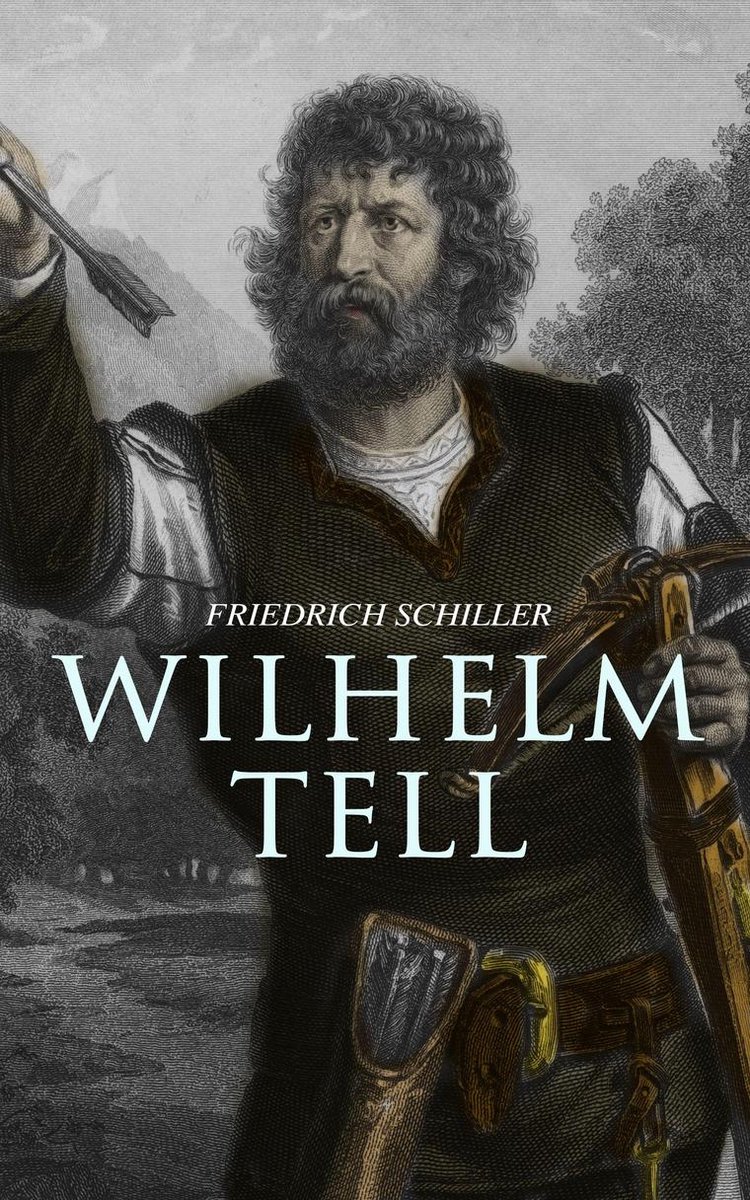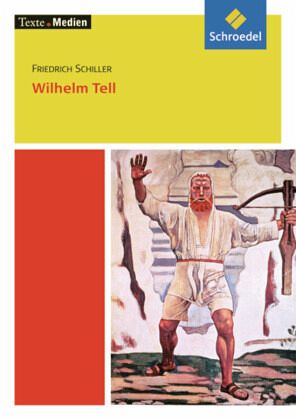

Most of Schiller’s information about the history of the Swiss confederation is drawn from Aegidius Tschudi’s Chronicon Helveticum (Latin: ‘Swiss Chronicle’), Johannes von Müller’s History of the Swiss Confederation (German: Geschichten Schweizerischer Eidgenossenschaft), as well as two chronicles of Petermann Etterlin and Johannes Stumpf. After his friend, Johann Wolfgang Goethe, had returned from his second journey to the Lake of Lucerne in 1779, Schiller started collecting sources. įriedrich Schiller (who had never been to Switzerland, but was well informed, being a historian) was inspired to write a play about the legendary Swiss marksman William Tell by his wife Lotte, who knew the country from her personal experience. Since its publication, Schiller’s William Tell has been translated into many languages. The play was written by Friedrich Schiller between 18, and published that year in a first edition of 7000 copies. Gioachino Rossini's four-act opera Guillaume Tell was written to a French adaptation of Schiller's play. The story focuses on the legendary Swiss marksman William Tell as part of the greater Swiss struggle for independence from the Habsburg Empire in the early 14th century. William Tell ( German: Wilhelm Tell, German pronunciation: ( listen)) is a drama written by Friedrich Schiller in 1804. Doubt not the men of Unterwald as well, And Uri, too, are chafing like ourselves, At this oppressive and heart-wearying yoke.William Tell from the Schiller Galerie by Johann Leonhard Raab Thou knowest well, how here with us in Schwytz, All worthy men are groaning underneath This Gessler's grasping, grinding tyranny. Wilt thou wait Till he may safely give his malice scope? A wise man would anticipate the blow. Long has he sworn to compass thy destruction As yet thou art uninjured. Gessler, we know, is but a younger son, His only wealth the knightly cloak he wears He therefore views an honest man's good fortune With a malignant and a jealous eye.

There's not a prince in the empire that can show A better title to his heritage For thou hast over thee no lord but one, And he the mightiest of all Christian kings.

From the emperor himself Thou holdest in fief the lands thy fathers left thee. H envy, too, to see thee living Happy and free on thy inheritance, For he has none.


 0 kommentar(er)
0 kommentar(er)
